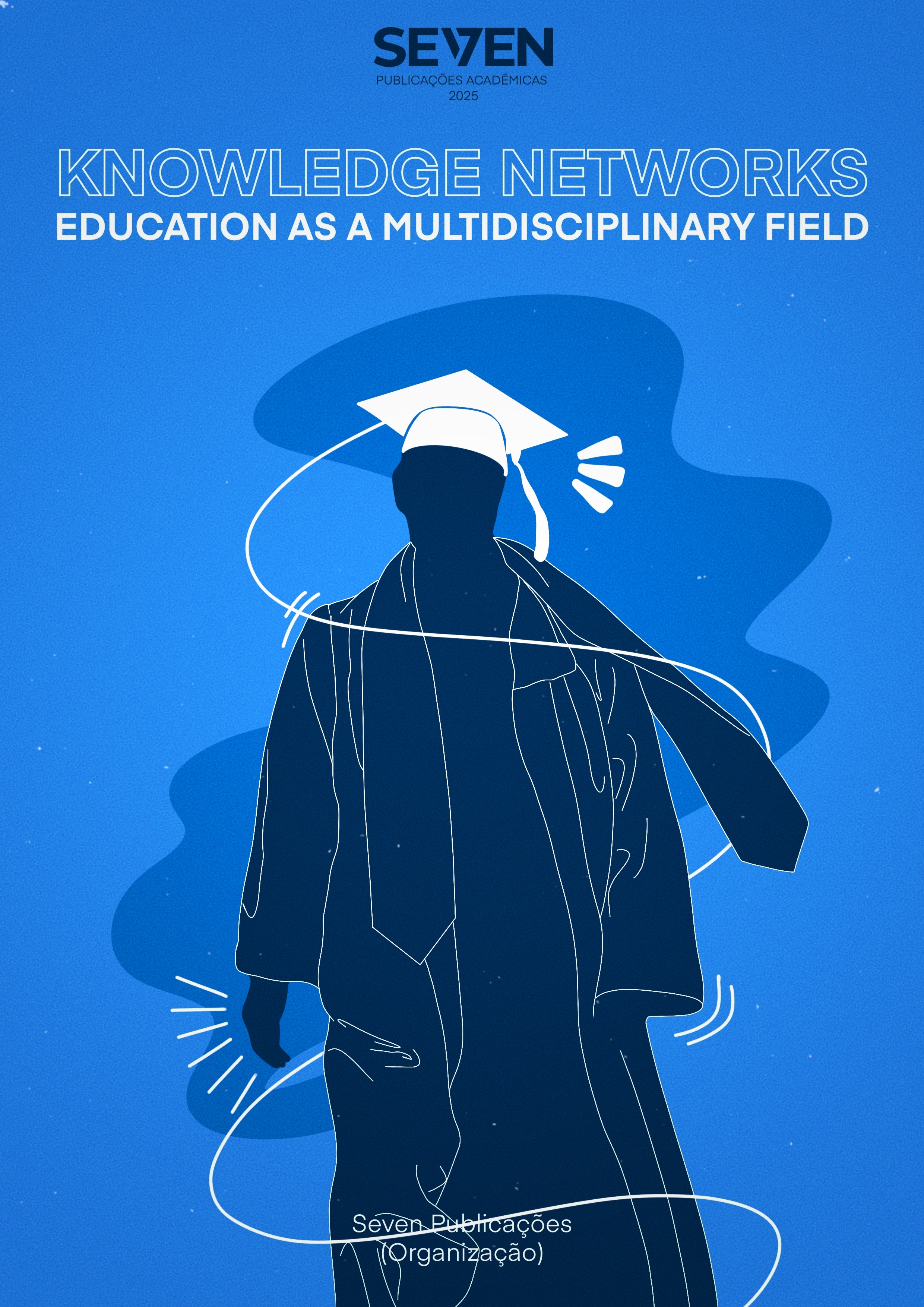THE CATEGORY OF FREIREAN AUTONOMY FOR THE PRACTICE OF TEACHING PHILOSOPHY
Keywords:
Autonomy, Liberating Education, Critical ThinkingAbstract
The article discusses the category of autonomy in philosophical and educational thought, highlighting its relevance in Immanuel Kant and Paulo Freire, as well as its contribution to the practice of teaching philosophy. For Kant, autonomy is linked to rational and moral self-government, being the result of enlightenment and the formation of citizens capable of acting according to universal laws. In Freire’s perspective, autonomy is understood as a fundamental condition for liberating education, based on dialogue, critical reflection, and the overcoming of “banking education,” which reduces students to mere recipients of knowledge. By proposing the collective construction of knowledge, Freire emphasizes autonomy as a path to the social and political emancipation of individuals. In this context, philosophy teaching acquires an essential role by stimulating critical thinking, investigation, and the active participation of students, making them protagonists of their learning and agents of social transformation. The study concludes that the category of autonomy, especially from Freire’s perspective, remains a pedagogical challenge but also a necessary horizon for an emancipatory and humanizing education.
Downloads
Published
Issue
Section
License
Copyright (c) 2025 Karen dos Santos Melo, Valter Ferreira Rodrigues

This work is licensed under a Creative Commons Attribution-NonCommercial 4.0 International License.





